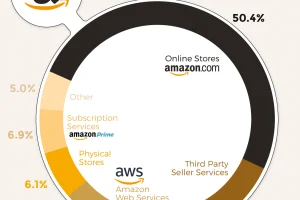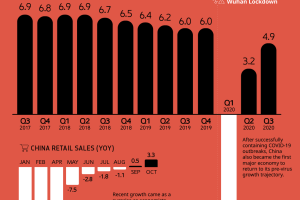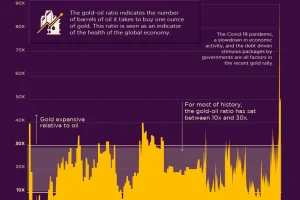The Briefing
- The 2020 UEFA European Football Championship will kick off Friday, June 11th 2021 after a year-long delay due to COVID-19
- The tournament will take place across 11 host cities and feature new rules, reduced spectators, and fierce competition
The 2020 European Championship Returns with New Rules
After a year-long delay, the 2020 UEFA European Championship is set to kick off what will be the largest international sports tournament to take place since the pandemic.
While the final stage of the tournament typically takes place in one or two nations, this year’s will be played across 11 different countries.
Running from June 11th to July 11th 2021, the opening game between Italy and Turkey will kick off at the Stadio Olimpico in Rome, and the final will take place at London’s Wembley Stadium.
COVID-19’s Impact on Teams and Spectators
Aside from the initial year-long delay, COVID-19 has changed how teams and spectators will participate in the tournament.
Squads have been expanded from 23 to 26 players, and coaches will be permitted to call up more players if COVID-19 infections force players into isolation.
For spectators, individual stadiums within host cities have announced varying capacities ranging from 20-100%, with strict stadium entry requirements across the board. Since these capacities are pre-tournament estimates, we’ll have to wait until matchday to see how many ticket-holders are comfortable attending the fixtures in person.
| Host Stadium and City | Spectator Capacity |
|---|---|
| Johann Cruijff ArenA, Amsterdam | 25-45% |
| Baku Olympic Stadium, Baku | 50% |
| Arena Națională, Bucharest | 25-45% |
| Puskás Aréna, Budapest | Aiming for 100% |
| Parken Stadium, Copenhagen | 25-45% |
| Hampden Park, Glasgow | 25-45% |
| Wembley Stadium, London | Minimum of 25% |
| Football Arena Munich (Allianz Arena), Munich | Minimum of 14,500 spectators (~22%) |
| Stadio Olimpico, Rome | 25-45% |
| Estadio La Cartuja, Seville | 25-45% |
| Krestovsky Stadium (Gazprom Arena), Saint Petersburg | 50% |
Source: UEFA
More Substitutions and the Video Assistant Referee System
This edition of the tournament will also feature two new rule changes to the action on the field.
Coaches will now be able to make up to five substitutions (six if the match goes to extra time), a change first introduced in domestic leagues to allow players more rest as match calendars became congested.
Another key change which was already in play at the 2018 FIFA World Cup is the Video Assistant Referee (VAR) system. This system appoints a match official who reviews the head referee’s decisions with video footage, and allows the head referee to conduct an on-field video review and potentially change decisions.
Strong Competition Among Euro 2020’s Favorites
Despite current world champions France remaining as undeniable favorites, bookies are putting England to win the tournament (despite a fairly young squad) partially due to the home field advantage in the semi-finals and final.
Spain, Germany, and Italy remain formidable competitors, and Belgium’s golden generation will have one final shot at silverware after their third place finish at the 2018 FIFA World Cup.
European champions Portugal are another obvious threat, as Cristiano Ronaldo will be looking to become the tournament’s top goalscorer of all time (currently tied with Michel Platini at 9 goals).
While the 2020 edition of UEFA’s European Championship features a variety of on-field and off-the-field changes, the trophy truly feels up for grabs and is a welcome return to international football for fans around the world.
»Like this? Then you might enjoy this article, The Top 10 Football Clubs by Market Value
Where does this data come from?
Source: UEFA





